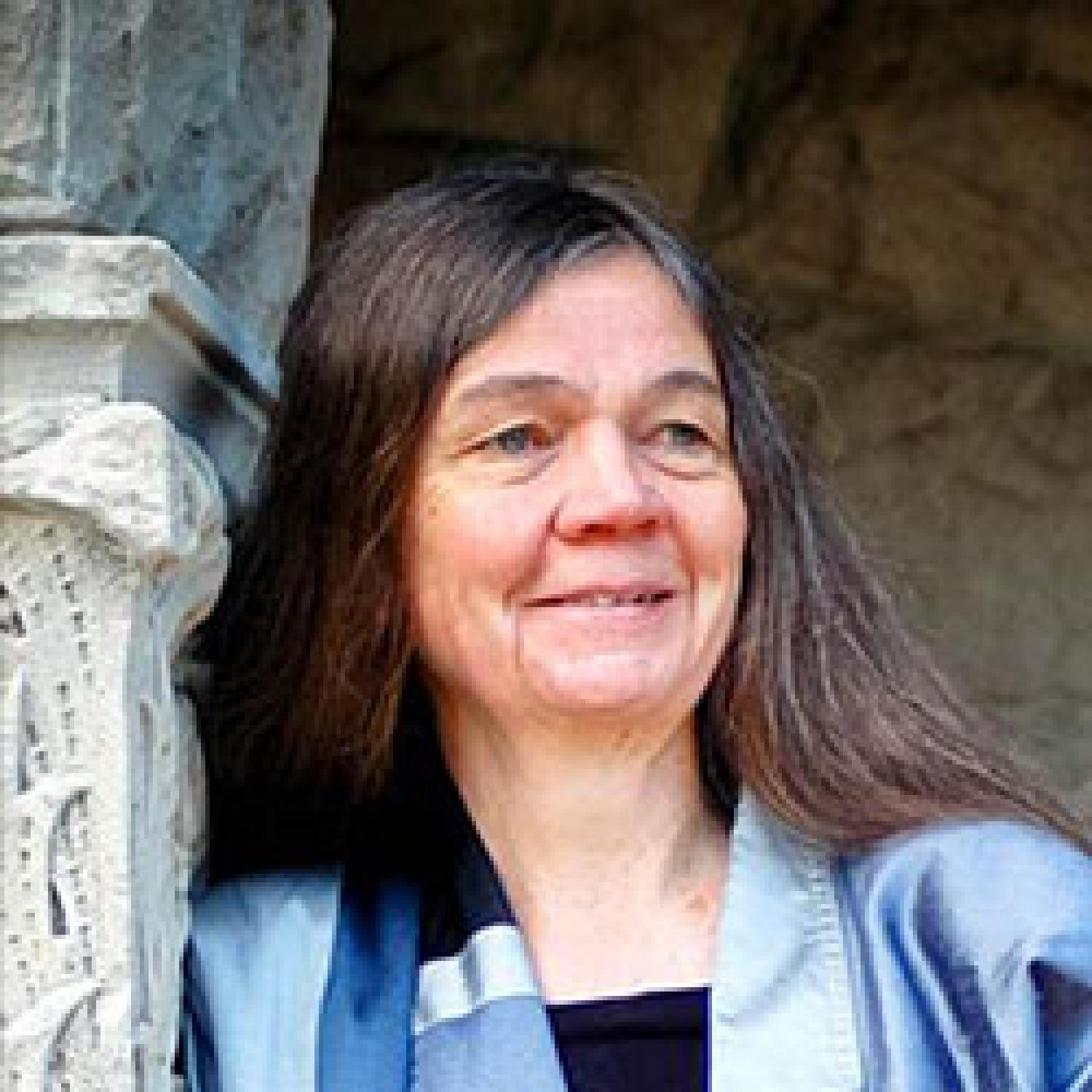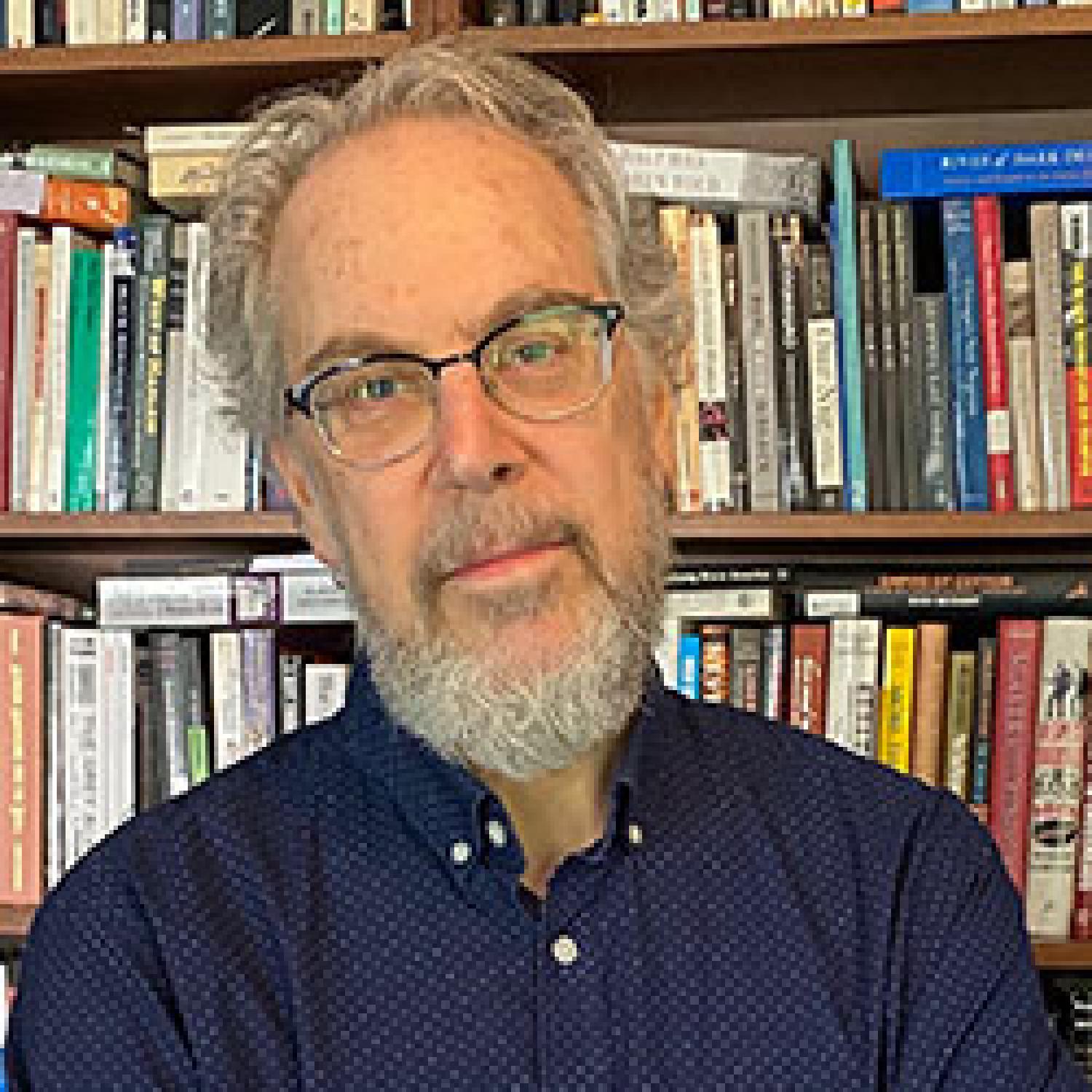Historians Imagine
Celebrating Creativity in the Craft
Historians Imagine is a monthly webinar devoted to this dimension of the craft. Patty Limerick and Matthew Jacobson talk with path-breaking historians about the inventiveness and vision of their work, and about the more mysterious aspects of their practices—their imaginative spark and the virtues that lie beyond rigor and out of reach of your typical “how to” manual. These conversations will appeal to professional historians, to be sure, and might offer liberation from the academy’s constraints and the disciplining demands of convention. But they will equally engage anyone who is interested in how new stories are made from old materials, and how great storytellers and historical sleuths think to do what they do.
Writing history is like jazz improvisation. Good history is made of intuitive flourishes and counterintuitive riffs; it is a call and response, the soloist plays both with and against the ensemble of fellow historians; it hews to established principles, but reaches ever toward the original and unfamiliar. If the presentation of history is an inherently creative venture, then why is it so often mischaracterized as a tedious, dry pursuit? And why in their teaching do history professors themselves typically stress rigor over creativity, aptitude over artistry? The academy’s many rules do engender integrity. Historians should be judicious in the questions they ask of the past; they should search out reliable sources and mine them with skepticism and care; they should fashion their blueprints according to the best evidence; they should credit their predecessors, never claiming a reinvented wheel as their own. But there is still plenty of running room for that spectacular human capacity called “creativity.” And indeed, the most highly regarded and compelling practitioners of the craft are those who are able to weave a vivid tapestry with words, to execute the unexpected interpretive bank shot, to render alchemic gold from the unpromising dross recovered from a meager archive. Creativity isn’t an add-on; our best work depends on it.

Faculty Director and Chair of the Board, Center of the American West, University of Colorado Boulder
To see all of the videos from the Historian Imagine events,
visit our YouTube page.



